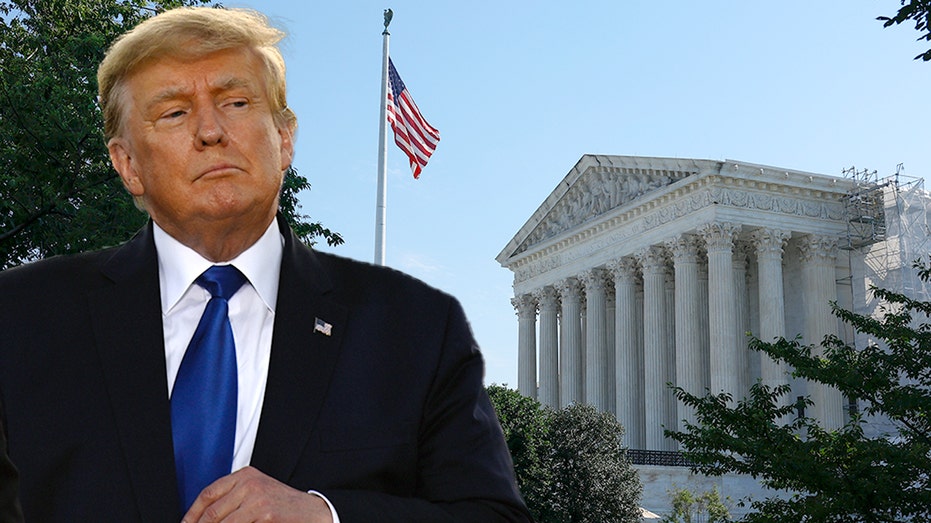Supreme Court Set to Weigh Limits of District Judges’ Nationwide Power

Sarah Johnson
April 18, 2025
Brief
The Supreme Court will hear a major case on whether district judges can issue nationwide injunctions, focusing on challenges to Trump's executive order on birthright citizenship.
The Supreme Court has officially agreed to take on a pivotal case that could redefine the power of district judges to issue nationwide injunctions. This decision arrives after three separate federal judges halted President Donald Trump’s executive order seeking to end birthright citizenship for children of illegal immigrants—an issue as heated as it is complex.
By consolidating these three cases, the Court is aiming directly at the core question: Should a single district judge be able to make rulings that impact the entire United States? Oral arguments are set for 10 a.m. on May 15, nudging up against the Court’s usual summer break.
For those not fluent in legal-speak, a nationwide injunction is basically a judge’s way of slamming the brakes on a federal policy coast to coast—not just for the people who sued, but for everyone. That’s a pretty heavy lever for a single judge to pull.
Since Trump returned to office in January, his administration has been under legal siege, with hundreds of lawsuits challenging his executive actions. These lawsuits have led to multiple nationwide injunctions, stalling big-ticket items like immigration enforcement. It’s almost like the courtroom has become a second Oval Office lately.
In March, the Trump administration fired back with an emergency appeal to the Supreme Court, requesting that any injunctions related to birthright citizenship only apply to those directly involved in the cases—not the entire country. Acting Solicitor General Sarah Harris didn’t mince words, declaring that nationwide injunctions have reached "epidemic proportions" under Trump’s second term. For context, the Biden administration faced 14 such injunctions in three years, while Trump got 15 in just one month. Talk about judicial whiplash.
So, the stakes are sky-high. Beyond just the birthright citizenship debate, the Supreme Court’s ruling is poised to finally settle just how much muscle federal judges really have when it comes to shaping national and even international policy from the bench.
Topics
Editor's Comments
There’s something almost theatrical about watching the Supreme Court decide how much power a single district judge should have. It’s like the ultimate game of ‘Who Gets the Final Word?’—except the winner gets to control national policy, not just the remote. No matter where you land on the politics, you have to admit: when one judge can freeze the entire government’s plans, it’s drama worthy of a legal soap opera.
Like this article? Share it with your friends!
If you find this article interesting, feel free to share it with your friends!
Thank you for your support! Sharing is the greatest encouragement for us.



